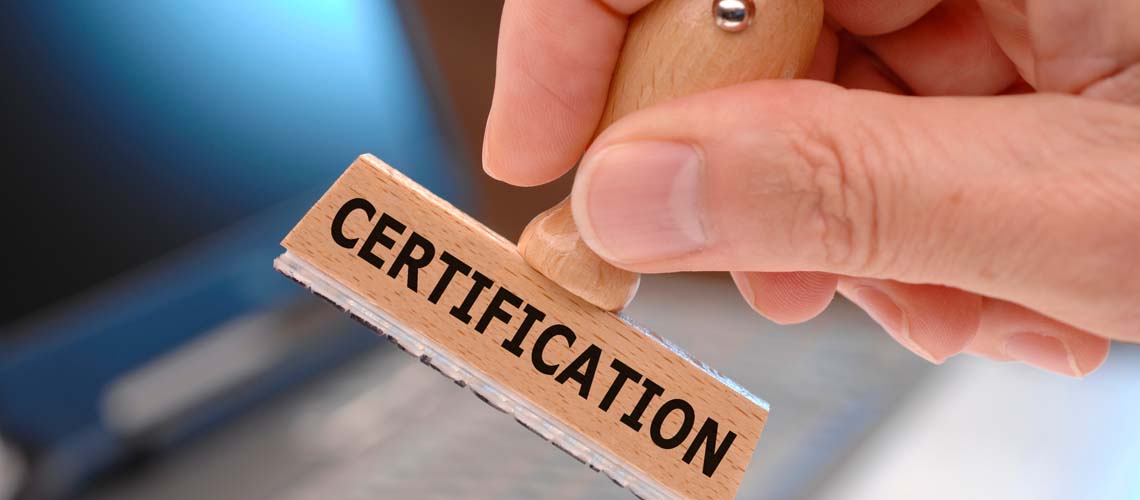EN 17141 Cleanroom Microbial Contamination Compliance Testing
The EN 17141 standard is a critical component for ensuring the quality and safety of products manufactured in cleanrooms. This test focuses on microbial contamination levels, which are essential to prevent the introduction of microorganisms that could jeopardize product integrity or patient health.
Regulatory compliance testing plays a pivotal role in maintaining high standards within the clinical and healthcare sectors. Compliance with standards such as EN 17141 is not just about meeting regulatory requirements; it ensures consistent quality, reliability, and safety of products used in critical care environments. The standard specifies methods for sampling, analysis, and evaluation of microbial contamination levels to ensure that cleanrooms meet or exceed specified thresholds.
The process involves a series of steps aimed at ensuring the cleanliness of air and surfaces within a controlled environment. This includes particle counting, surface swabbing, and air filtration testing. Each step is meticulously designed to capture any potential sources of microbial contamination, thereby safeguarding the integrity of products manufactured under these conditions.
One of the key aspects of this testing is the use of advanced sampling techniques that can detect even minute quantities of microorganisms. This level of precision ensures that no product or environment escapes scrutiny, which is crucial in maintaining the highest standards of hygiene and safety.
The acceptance criteria for EN 17141 are stringent, emphasizing the importance of meeting predefined microbial limits to ensure compliance with international standards. These limits are set to protect against contamination risks that could lead to adverse health effects or product failures. Compliance testing is therefore an indispensable tool in maintaining the integrity and safety of products manufactured in controlled environments.
| Parameter | Description |
|---|---|
| Sampling Methodology | Involves air sampling and surface swabbing to identify microbial contaminants. |
| Instrumentation Used | Advanced air samplers, microbial detection kits, and specialized analytical equipment. |
| Acceptance Criteria | Microbial contamination levels must not exceed specified limits as per EN 17141. |
Industry Applications
- Critical care product manufacturing
- Sterile pharmaceuticals production
- Bioengineering and biotechnology processes
- Medical device assembly
- This test is mandatory for facilities regulated by the FDA, EMA, and other international bodies.
- Ensures consistent product quality across different batches and production runs.
The EN 17141 compliance testing is essential in industries where even minimal microbial contamination can lead to serious health risks. It plays a crucial role in maintaining the highest standards of hygiene and safety, ensuring that products are free from contaminants that could compromise patient health or product integrity.
| Industry | Potential Risks Without Compliance |
|---|---|
| Critical Care | Risk of patient infection and product failure. |
| Sterile Pharmaceuticals | Potential for contamination leading to recalls or withdrawals. |
Why Choose This Test
- Ensures compliance with international standards (EN 17141).
- Reduces the risk of product contamination and recalls.
- Promotes patient safety in critical care environments.
- Mandatory for regulatory approval.
- Guarantees consistent quality across production batches.
- Safeguards the integrity of medical products and devices.
The EN 17141 compliance testing is a critical step in ensuring that cleanrooms meet or exceed international standards for microbial contamination. This not only enhances product reliability but also ensures patient safety, which is paramount in clinical and healthcare settings.
By choosing this test, organizations demonstrate their commitment to quality and regulatory compliance, thereby building trust with stakeholders and regulators alike. It provides a robust framework for maintaining the highest standards of hygiene and safety in cleanroom environments.
Customer Impact and Satisfaction
The impact of EN 17141 compliance testing extends beyond regulatory requirements; it significantly enhances customer confidence and satisfaction. By ensuring that products are free from microbial contamination, organizations can reduce the risk of adverse health effects and product failures. This not only boosts brand reputation but also fosters trust among customers and stakeholders.
Customers appreciate the peace of mind that comes with knowing their products have been rigorously tested to meet international standards. This leads to higher customer satisfaction and loyalty, which are crucial for long-term success in the healthcare industry.
The testing process also helps organizations identify potential issues early on, allowing them to address these proactively rather than reactively. This proactive approach not only enhances product quality but also reduces the risk of costly recalls or withdrawals.





